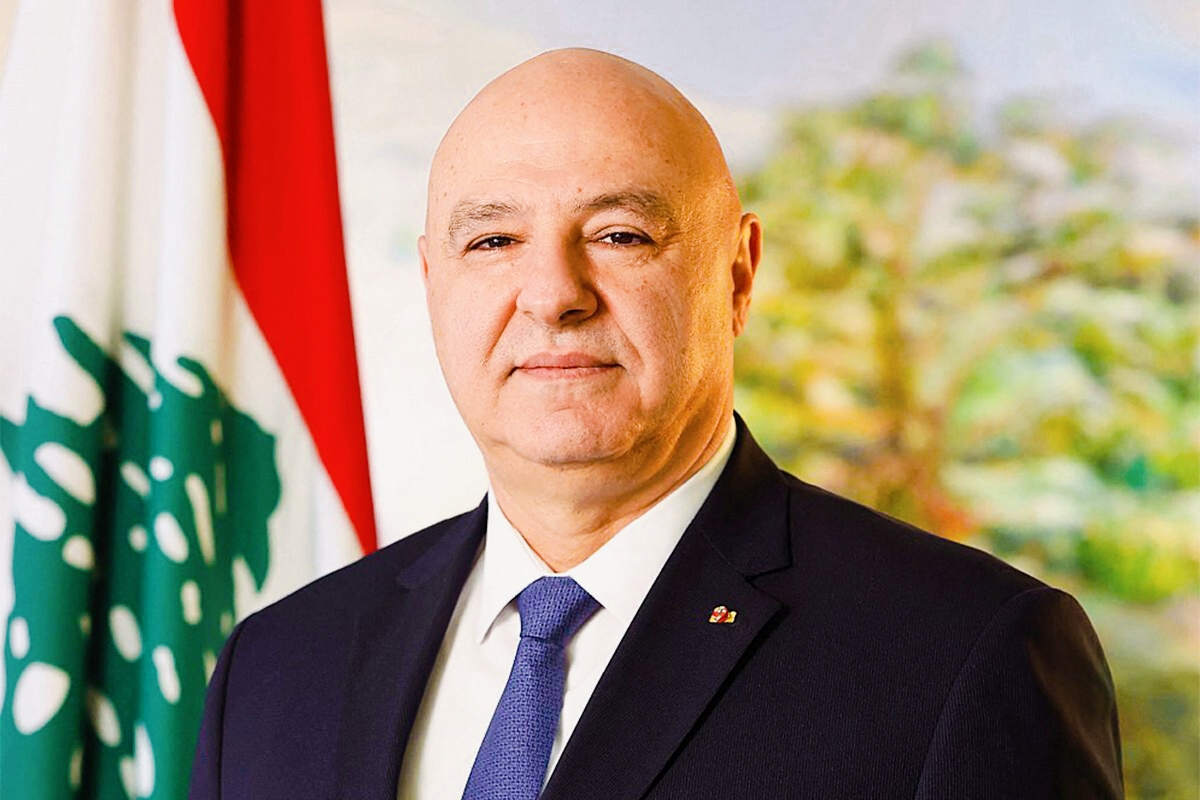Lebanese President Joseph Aoun confirmed that the Lebanese army continues to implement its security plan in the southern Litani area, which aims to remove all armed manifestations from all Lebanese and Palestinian sides.
However, Aoun pointed out that the continued Israeli occupation of several Lebanese territories hinders the army's ability to complete its deployment to the international borders.
The president's statement came during his meeting with the French special envoy Jean-Yves Le Drian at the presidential palace in Baabda, where they discussed the developments in Lebanon and the region.
Aoun said: "Lebanon has repeatedly demanded the necessity of obliging Israel to adhere to the agreement announced on November 27, 2024, but unfortunately, these calls have not received any response from the Israeli side, which continues its assaults on Lebanon and has not yet released the Lebanese prisoners. It has also not committed to implementing the international resolution 1701."
The Lebanese president added that "any French or American pressure on Israel to respond to the will of the international community to stop hostilities against Lebanon would contribute to completing the security plan set by the Lebanese army, which was welcomed by the Cabinet last week."
In another context, Aoun praised the French role, especially President Emmanuel Macron, in renewing the mission of the United Nations Interim Force in Lebanon (UNIFIL) for one year and four months, a step that will help organize the gradual departure of international forces from the south.
Aoun considered that this period would give the Lebanese army the opportunity to enhance its military capabilities, especially if the Israeli forces withdraw and cease their attacks.
Aoun continued to express his gratitude for the French role in preparing for two international conferences to support the Lebanese army and accompany the process of rebuilding the country.
He also emphasized that Lebanon is committed to achieving economic and financial reforms not only due to international pressure but out of a Lebanese conviction that these reforms form the basis for a sustainable economic recovery process.
Regarding the military situation on the ground, the Lebanese president pointed out that Israel continues to carry out near-daily airstrikes on southern and eastern Lebanon, despite the ceasefire agreement implemented on November 27 last year after the long war between Israel and Hezbollah.
Israeli forces also continue to position themselves at five strategic points on both sides of the borders.
The Lebanese government, according to Aoun, recently approved an executive plan put forward by the Lebanese army to begin restricting weapons to the state, which is an important step in implementing the terms of the agreement sponsored by the United States.
The Lebanese army continues to deploy its forces along the southern border in cooperation with "UNIFIL", while Hezbollah groups refuse to relinquish their weapons until the Israeli forces withdraw and the attacks cease, in addition to the release of Lebanese prisoners held by Israel.
Many challenges still face Lebanon, foremost among them the continued Israeli occupation and security violations, but the Lebanese president expressed hope that international efforts, including pressure on Israel, would help expedite the implementation of the security plan and restore stability in the country.

